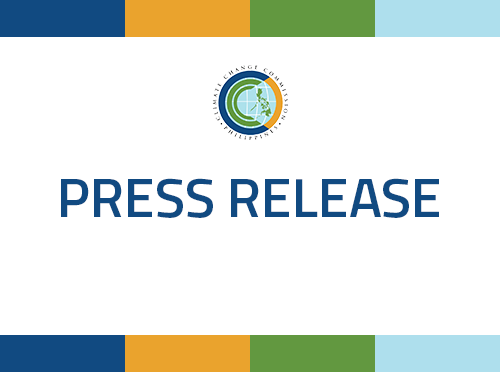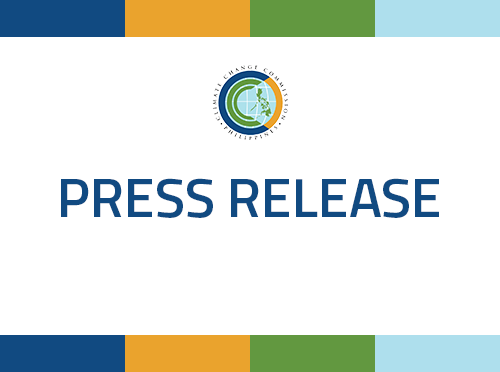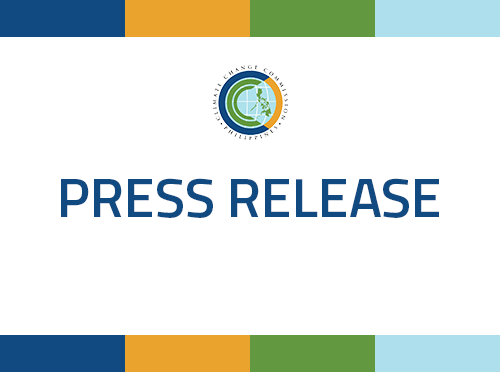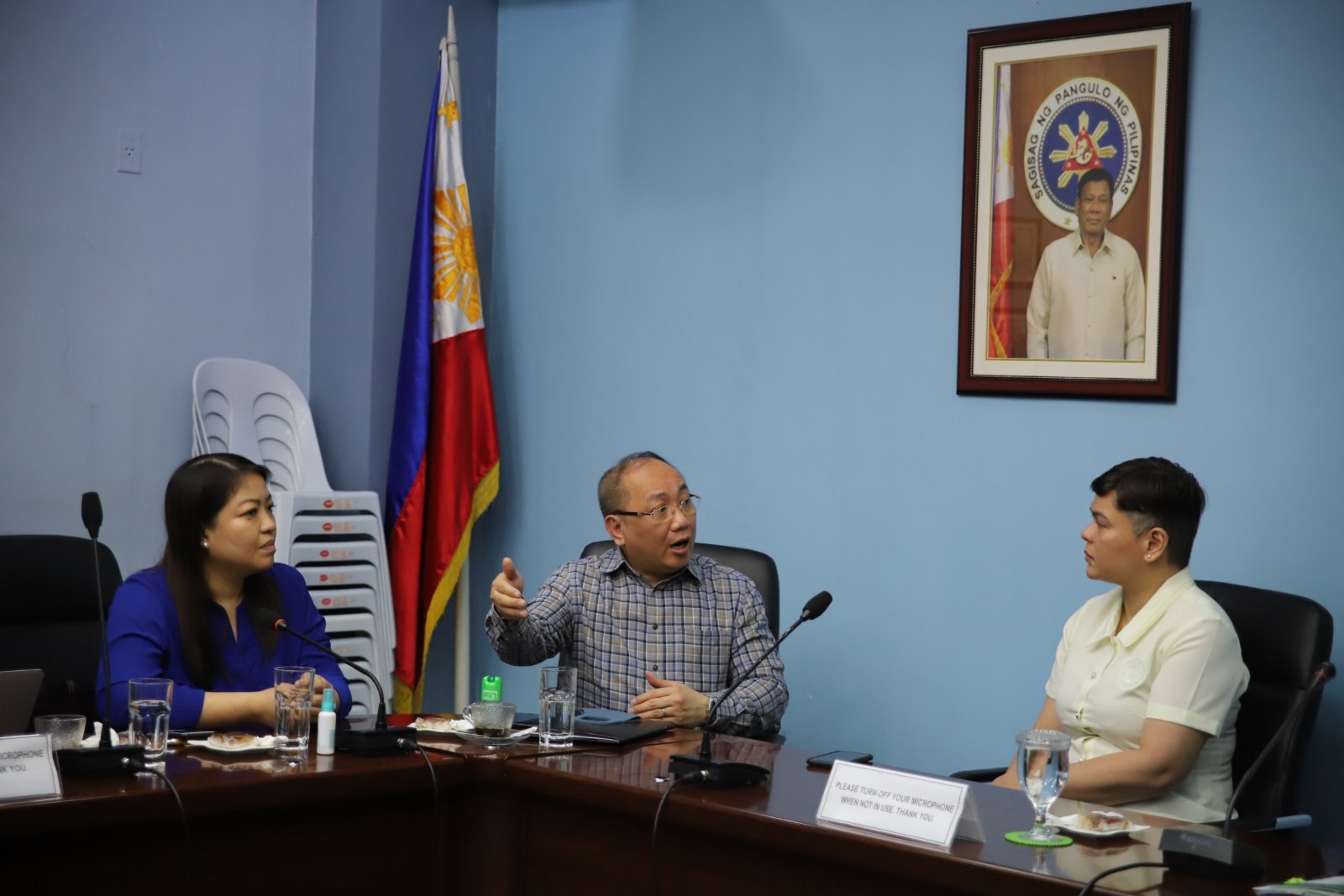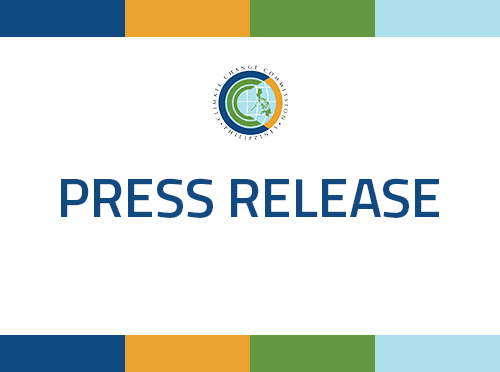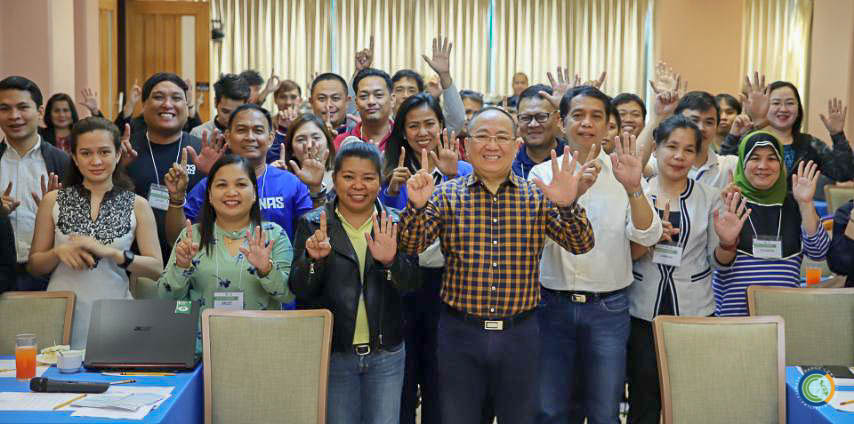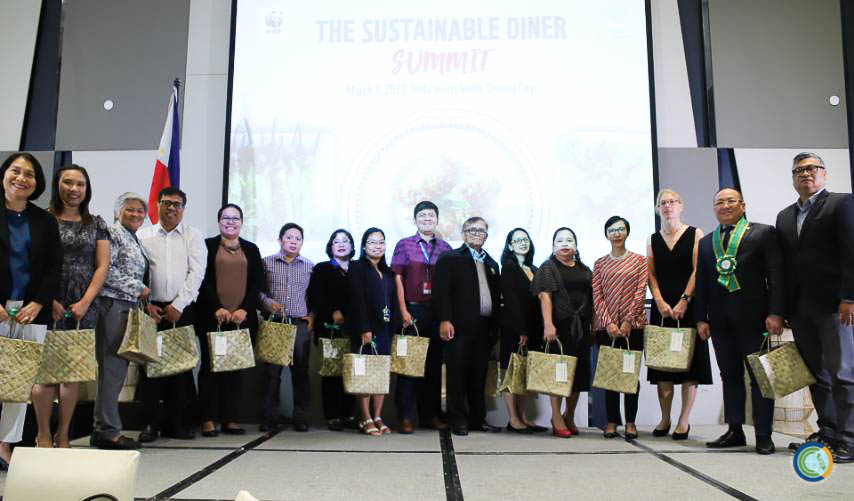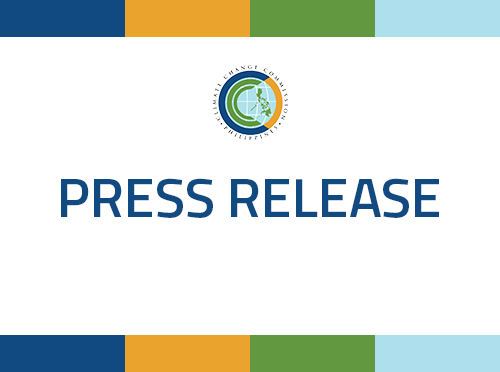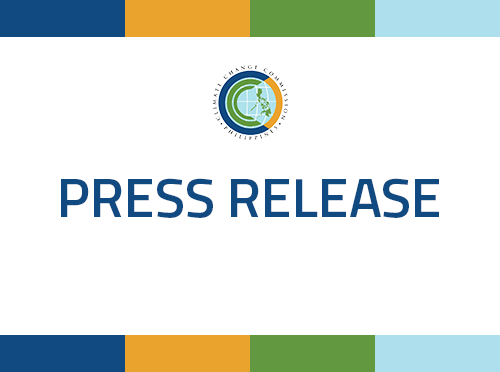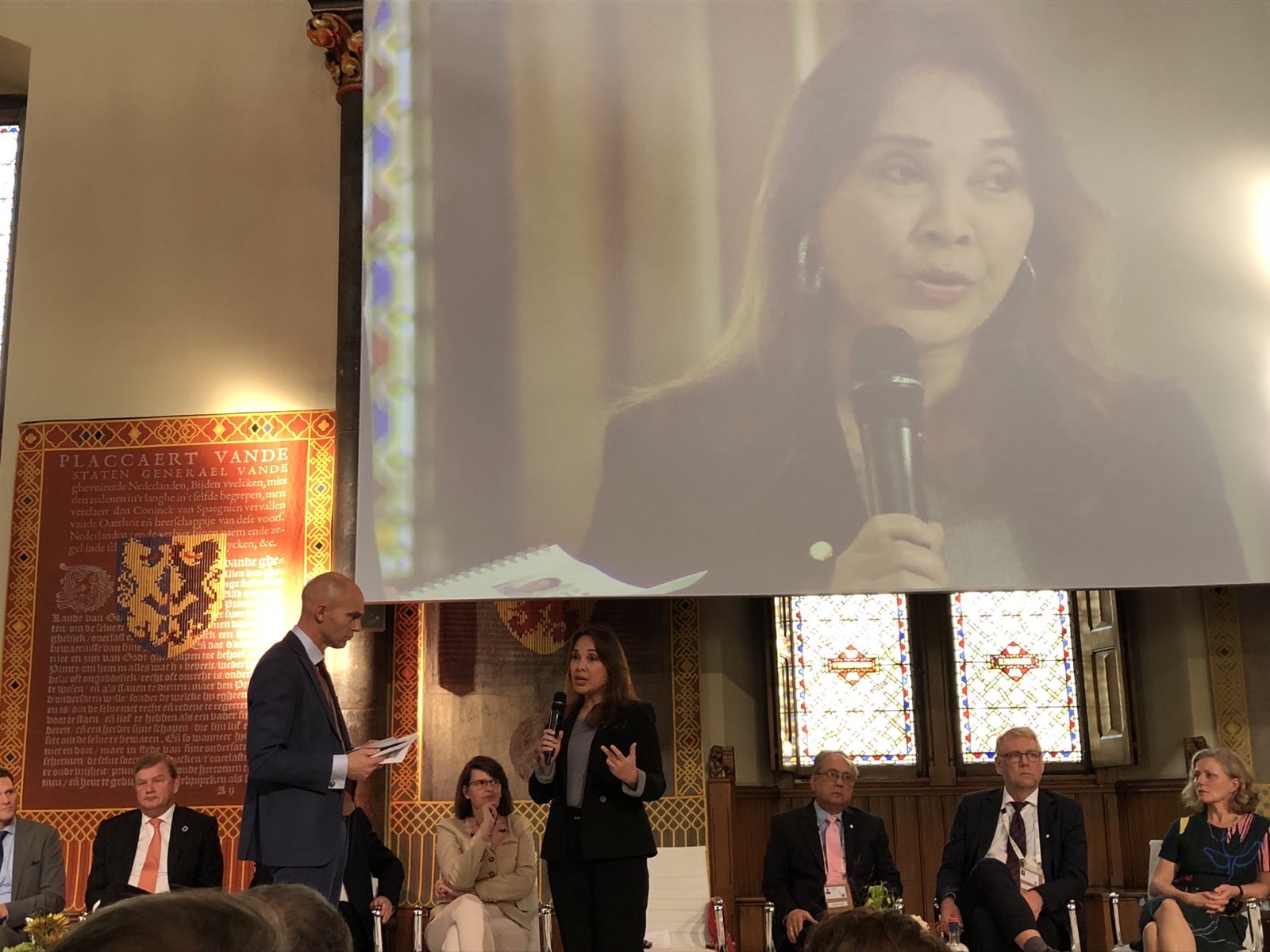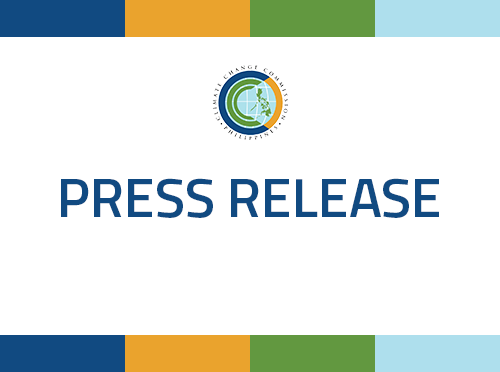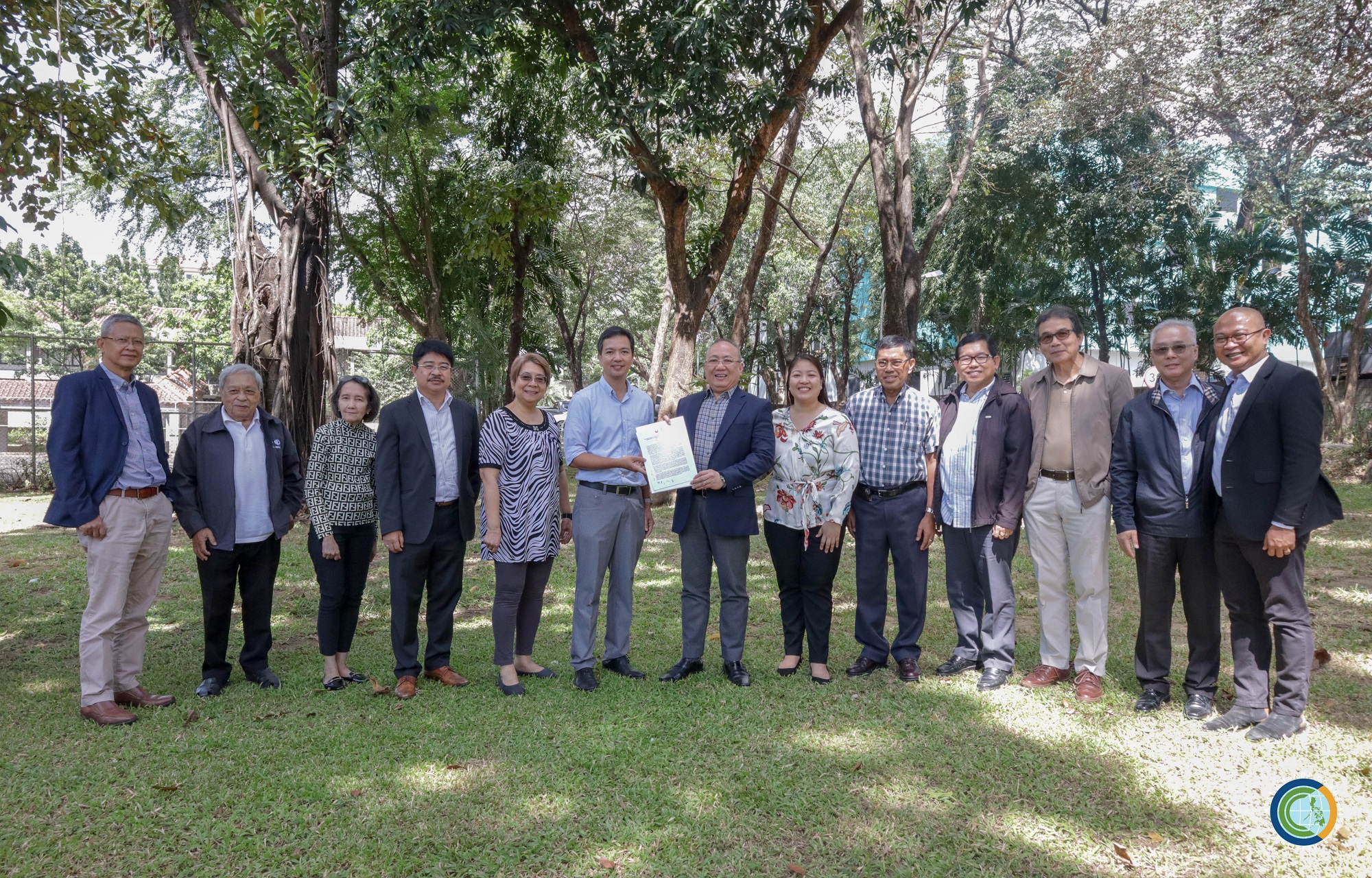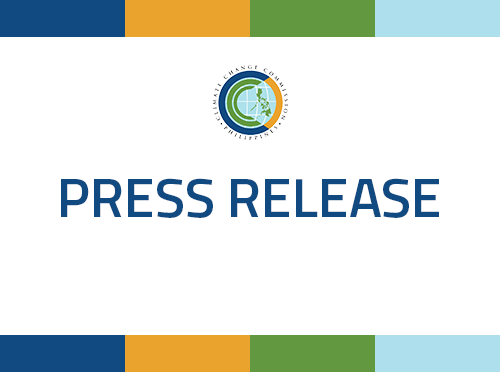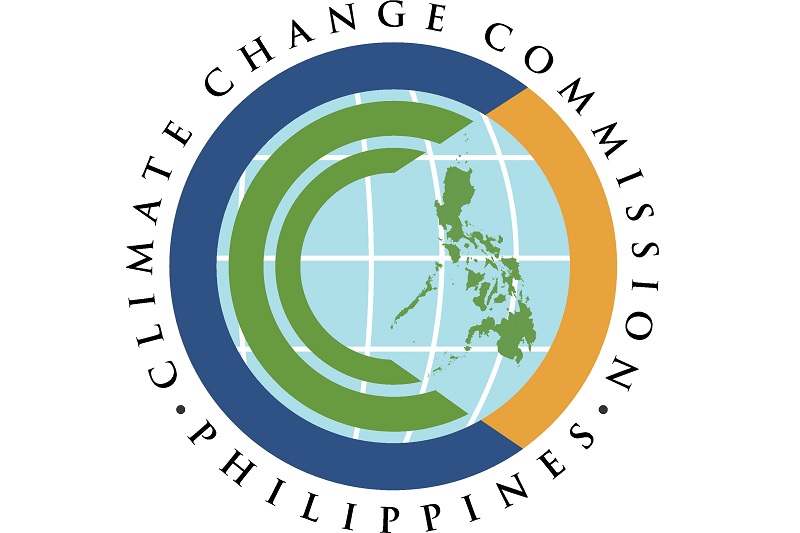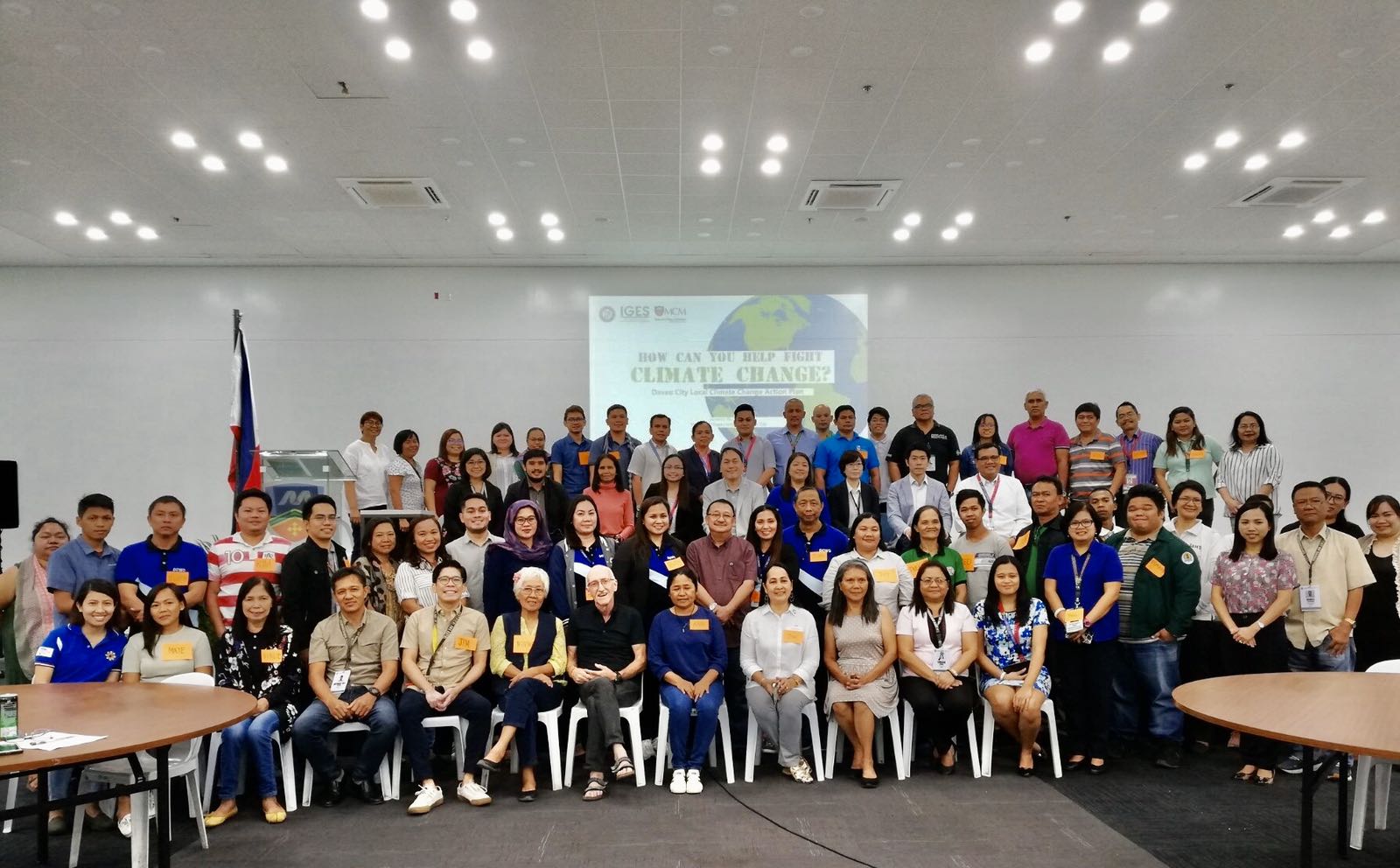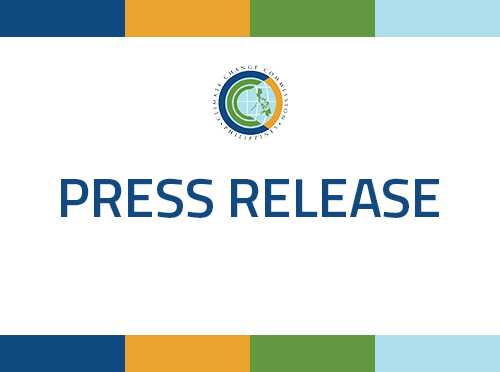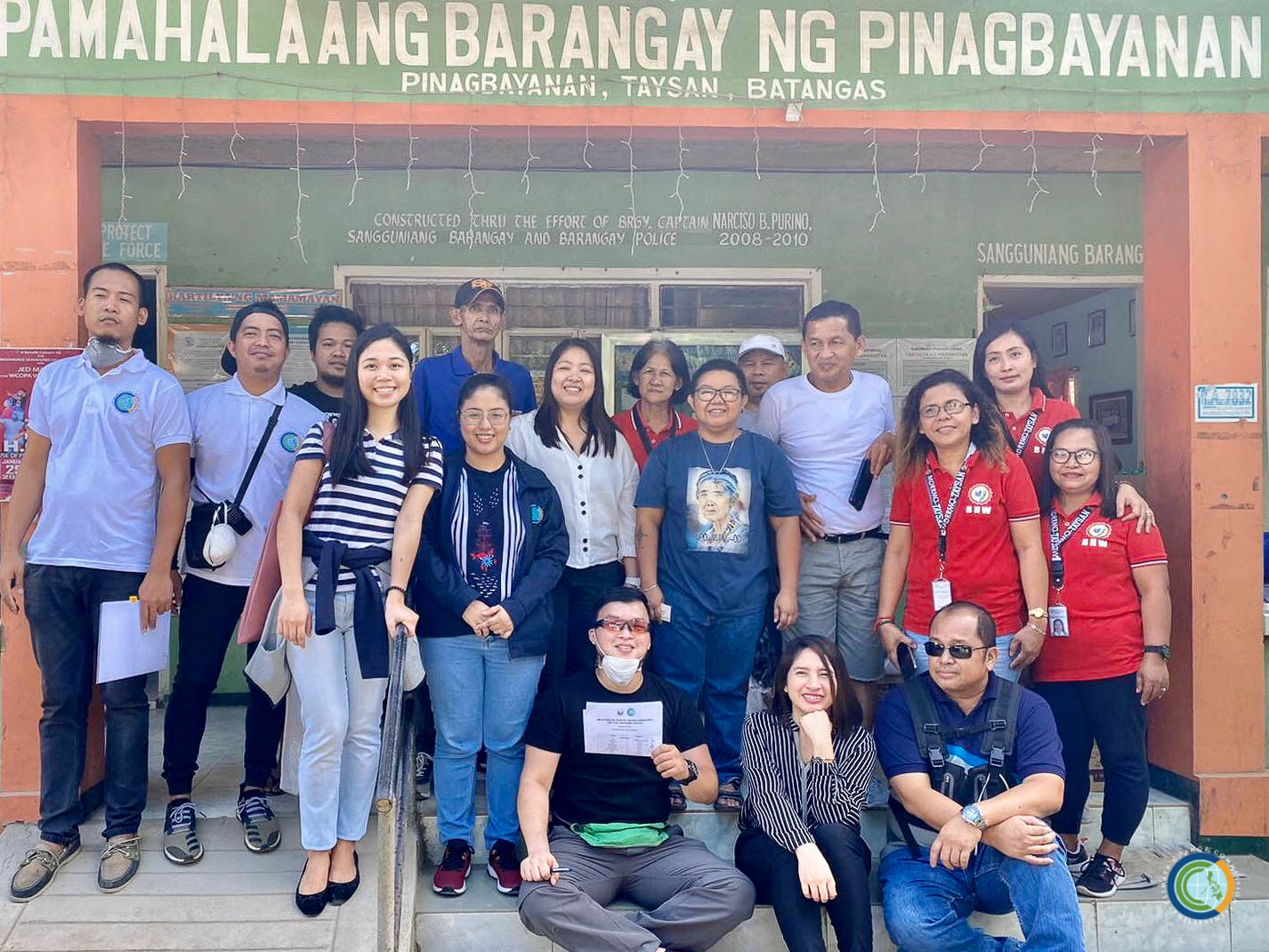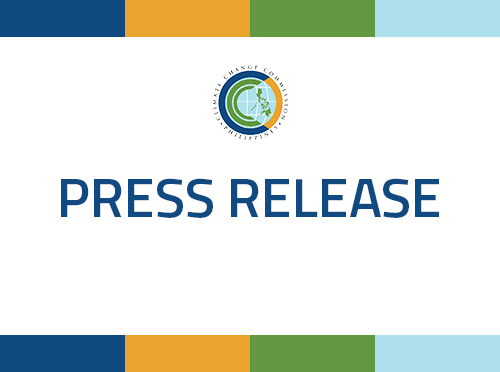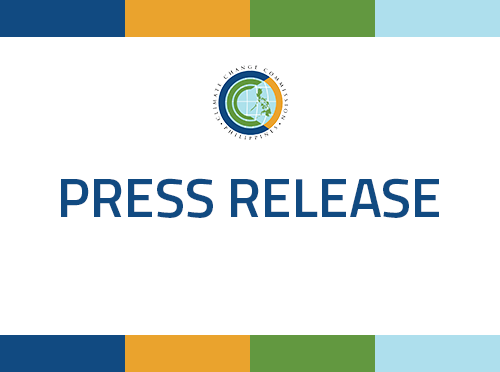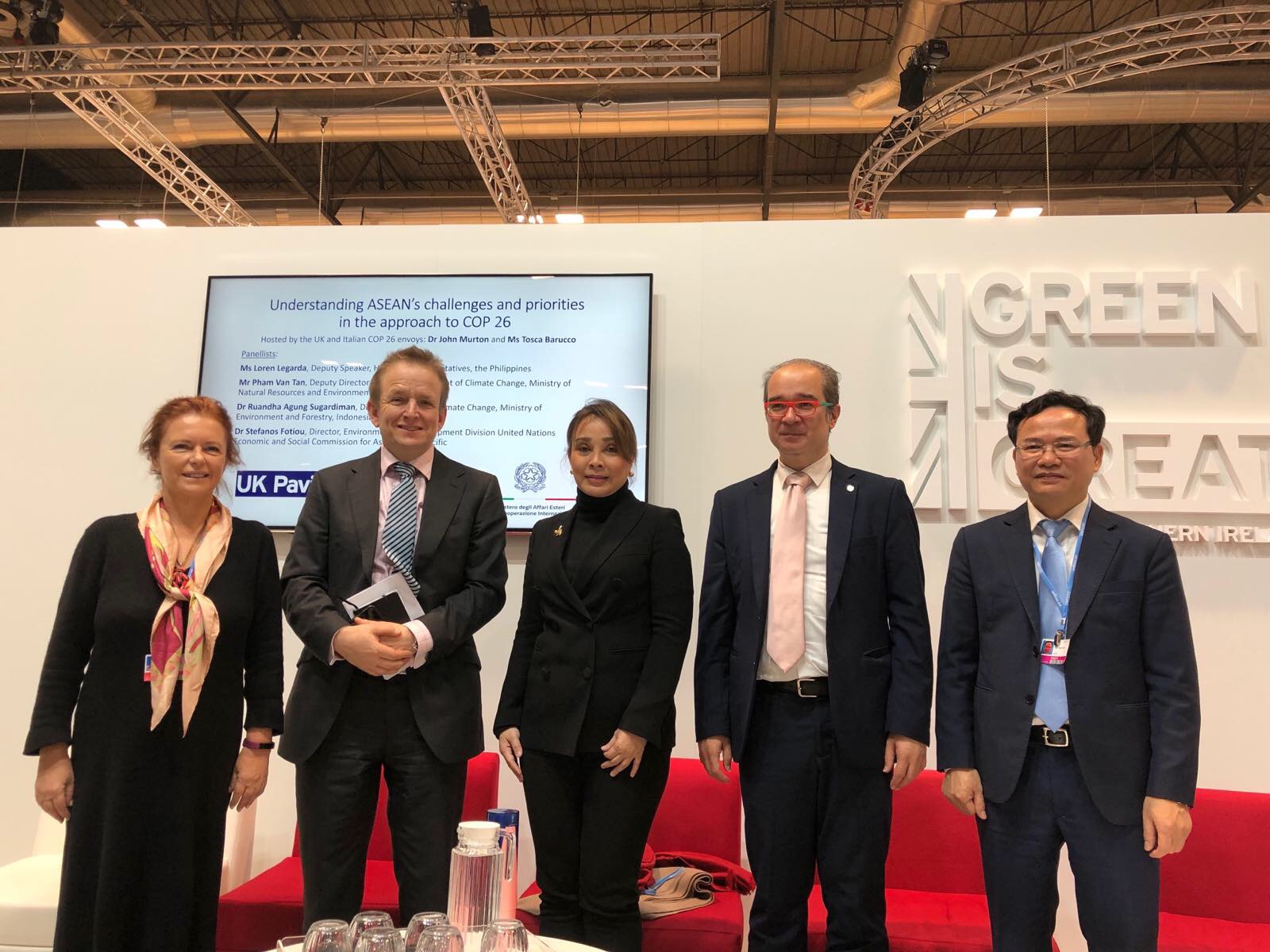March 14, 2020 - In light of the increasing number of cases of citizens afflicted with the Coronavirus disease (COVID-19) in the country and the world, Deputy Speaker and Antique Congresswoman Loren Legarda stated that COVID-19 is a reminder to strengthen efforts that could enable healthier, more sustainable, and more climate-friendly environments.
Legarda said that, while more studies are needed to analyze the correlation of climate change and COVID-19, existing climate science and research has already reported that higher temperatures already trigger the surge of other diseases, particularly vector-borne ones, such as dengue, malaria, cholera, and typhoid.
“Climate change fast tracks the spread of diseases caused by viruses and pathogens, which necessitates the same urgent action and response we are showing to minimize the spread of COVID-19 in the country,” Legarda said.
Coronaviruses (CoV) are a large family of viruses that cause illness ranging from the common cold to more severe diseases such as the Middle East Respiratory Syndrome (MERS-CoV) and Severe Acute Respiratory Syndrome (SARS-CoV). Common signs of coronavirus infection include flu-like and respiratory symptoms, fever, cough, shortness of breath, and breathing difficulties. In severe cases, it can cause pneumonia, acute respiratory syndrome, kidney failure, and even death.
Legarda also reiterated government advisories on proper hand washing, social distancing, and other public health safety measures:
• Wash hands often with soap and water for at least 20 seconds.
• Use an alcohol-based hand sanitizer, if soap and water are not available.
• Cover your mouth and nose with a tissue or sleeve when coughing and sneezing.
• Dispose tissue in a waste can.
• Maintain distance at least one (1) meter from individuals manifesting with flu-like symptoms.
• Avoid animals (alive or dead), animal markets, and products from animals (i.e. uncooked meat)
• Adhere to local advisories and cooperate with the local public health authorities
• Disinfect home and work equipment daily.
• If you exhibit symptoms of COVID-19, such as cough, cold, fever and sore throat, seek appropriate medical care immediately and stay at home. Avoid close contact with other people around you.
• If you or any of your family members living with you have travelled and visited countries afflicted by the disease, submit yourself to 14 days of self-quarantine.
• Municipal mayors shall direct the Punong Barangays to ensure that the functions of Barangay Health Workers are properly implemented, especially in terms of monitoring clustering pneumonia/flu-like cases in their respective barangays and report immediately to the Health Office.
• All barangays shall conduct daily clean up and disinfection of their barangay halls.
• Private establishments, such as hotels, inns, resorts, restaurants, coffee shops, malls, banks, hospitals, markets and terminals shall follow protocols on disinfection and prevention of COVID-19 transmission. Thermal thermometers should be used to determine if a client is febrile or not. Alcohol and sanitizers should be made available to the public.
• Postpone all fiestas, meetings, summer outings, any mass gathering or face-to-face meetings.
“COVID-19 reminds us of the urgency to lead a more climate-friendly, more sustainable, and healthier lifestyle. There still seems to be no end in sight for this health crisis, but we must remain vigilant and exercise proper hygiene to avoid spreading of the disease,” Legarda said.
According to Dr. Celia Carlos of the Research Institute for Tropical Medicine (RITM), there are only 1,200 available test kits as of now for the whole country, so only the severely symptomatic are being tested. Additional kits are coming from the World Health Organization (WHO). "That means it is possible that covid-19 carriers may be around us, without us knowing it. So it’s best to stay home, if able, away from any crowds, and observe stringent sanitary habits. Let’s also eat healthy and simplify our lives”, Legarda concluded.
March 13, 2020 Friday

